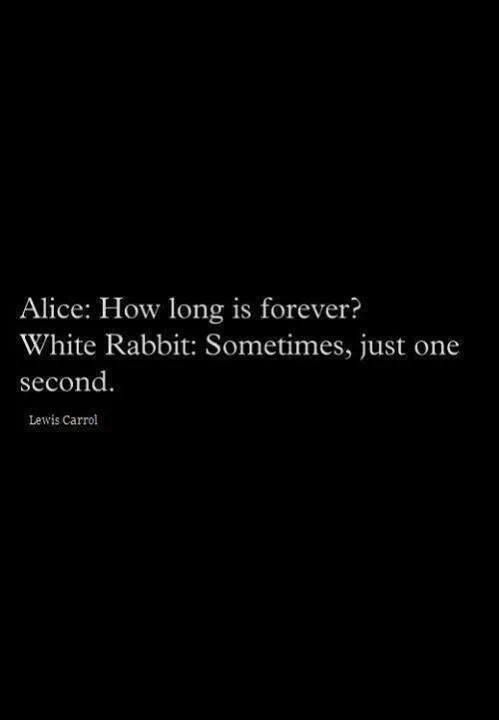time management is always tricky. to do-lists and should-do lists and didn't-do lists. they are ever-present. so, i wanted to share a little "business buddhism" about time management, mainly that it's not about time management at all, it's about *energy* management.
here's my suggestion: next time you're feeling weighed down by your to-do list, look at the things on your list and spend a minute reflecting on how long they actually take versus how much mental energy they take. chances are there's a tiny task that is taking a disproportionate amount of energy. you know that thing you've been putting off for two weeks that actually takes ten minutes? that's what i'm talking about.
often, it's those small energy weights that make it all feel overwhelming. not the lack of time!
so, if buddha went to bschool he would say: plan your time but *manage* your energy. cuz some things take a small amount of time but a large amount of energy and those are the things we have to manage.
this is usually the really hard stuff or the stuff you hate doing. often it's unavoidable but sometimes it's not! and like so many other things, if you understand it you are much more able to manage it. maybe it's something you should try to task someone else with, something you should outsource. maybe it represents a skill you need to develop.
whether it's something you need to work on or a shortcoming you need to just accept, look out for those tiny energy weights on your to do list. spot them and manage them so you can keep on movin' on.







